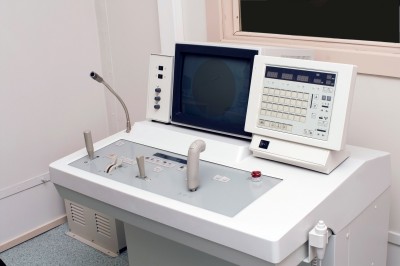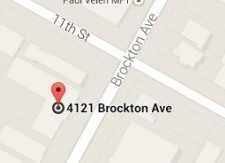Often it is referred to as a sleep study, Polysomnography is a comprehensive recording of various changes that occur during sleep. Relevant body functions are monitored by the test to diagnose or rule out various sleeping disorders.
Functions monitored include: brain activity (EEG), eye movements (EOG), skeletal muscle activity (EMG), and heart rhythm (ECG)
The patient will arrive for their test at our sleep lab in the early evening and will be observed throughout the night. Patients are generally discharged in the morning.
Read More What is Polysomnography? http://en.wikipedia.org/wiki/Polysomnography
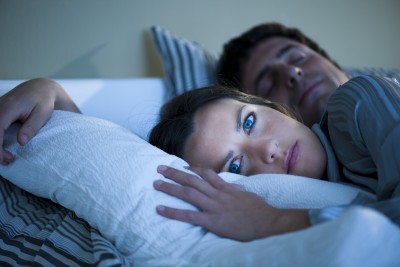 Sleep Apnea
Sleep Apnea
-
Sleep apnea is a medical condition that causes a person to stop and then start breathing repeatedly during sleep. This prevents oxygen from getting into the body during sleep, and this can slow the body’s ability to replace cells lost from activities such as exercise. Sleep apnea can cause physical problems such as an inability to concentrate during the day, an inability to lose weight or regain lost muscle tissue while resting, and it can also cause a person to fall asleep during the course of the day. A person with sleep apnea never feels rested. In obstructive sleep apnea, the throat muscles relax during sleep, blocking the flow of air. Central sleep apnea occurs when there is a defect in the nervous system that prevents the brain from being able to properly control breathing during sleep. Complex sleep apnea is some combination of obstructive and complex apnea.
What is a Multiple Sleep Latency Test (MSLT)?
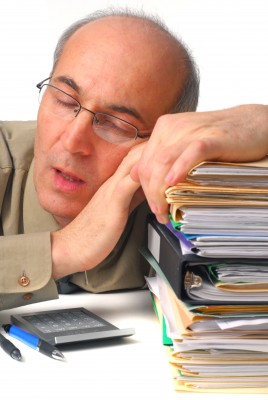 An MSLT is a sleep disorder diagnostic tool which is used extensively to test sleepiness. It tests sleepiness by measuring sleep latency (time elapsed from the start of a daytime nap to the first signs of sleep).
An MSLT is a sleep disorder diagnostic tool which is used extensively to test sleepiness. It tests sleepiness by measuring sleep latency (time elapsed from the start of a daytime nap to the first signs of sleep).
Multiple Sleep Latency Tests are often performed after an overnight polysomnography test.
Read more What is Multiple Sleep Latency Test? http://en.wikipedia.org/wiki/Multiple_Sleep_Latency_Test
What is CPAP Titration?
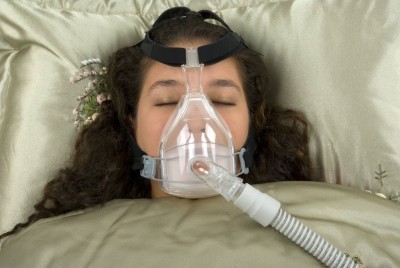 CPAP titration is one of the most effective ways to treat the common sleeping disorder which known as sleep apnea. But the equipment involved in CPAP titration can make it a challenging treatment to use. Also there are other options which can be discussed with your physician . Dental appliances which are the #1 non-surgical treatment solution recommended by the Academy of Sleep Medicine when the CPAP cannot be tolerated. They are an effective solution for snoring problems and for patients with mild or moderate Sleep Apnea.
CPAP titration is one of the most effective ways to treat the common sleeping disorder which known as sleep apnea. But the equipment involved in CPAP titration can make it a challenging treatment to use. Also there are other options which can be discussed with your physician . Dental appliances which are the #1 non-surgical treatment solution recommended by the Academy of Sleep Medicine when the CPAP cannot be tolerated. They are an effective solution for snoring problems and for patients with mild or moderate Sleep Apnea.
Read more: What Is CPAP Titration? | eHow.com http://www.ehow.com/about_5124852_cpap-titration.html#ixzz1neTcsqie
